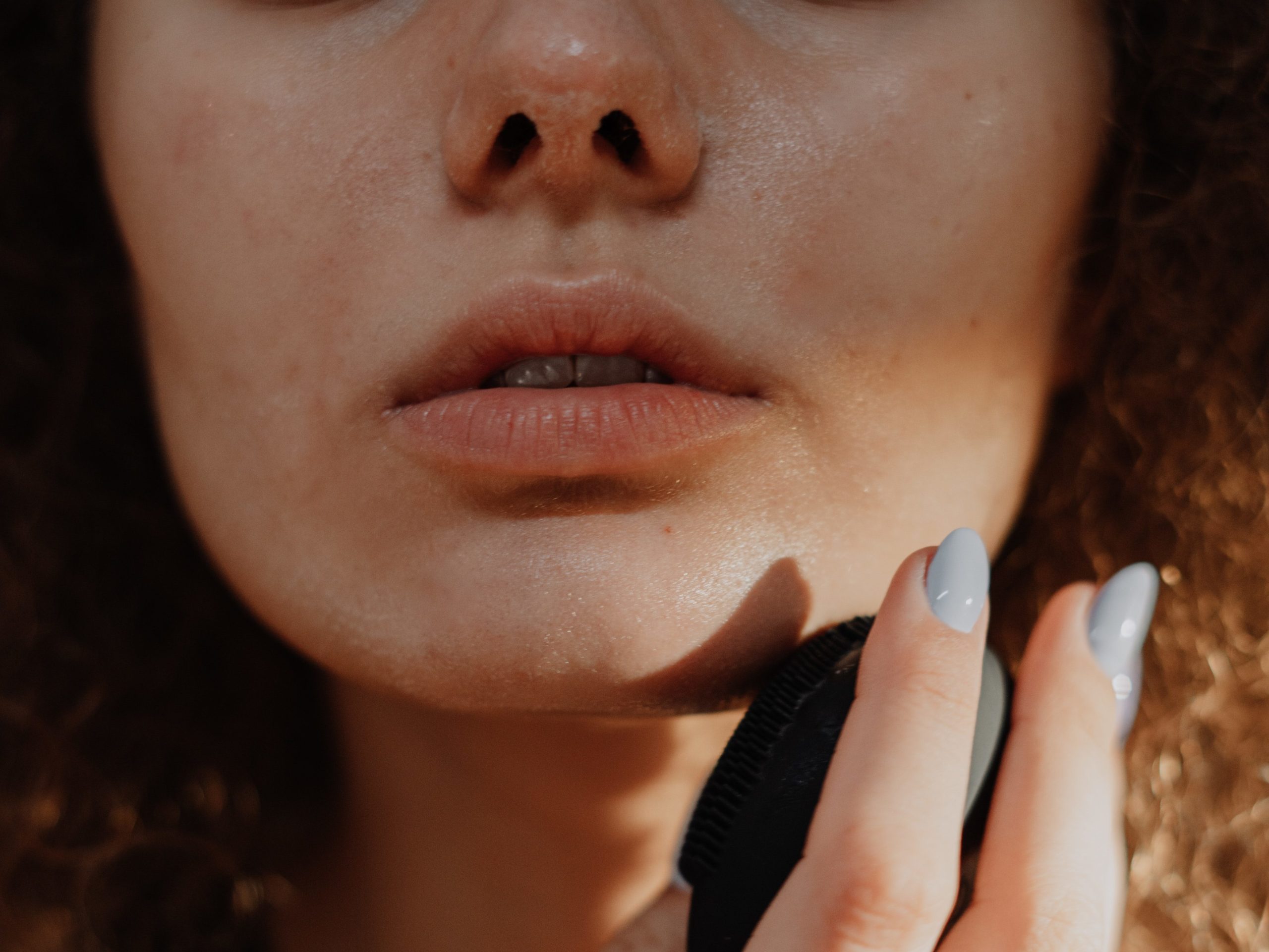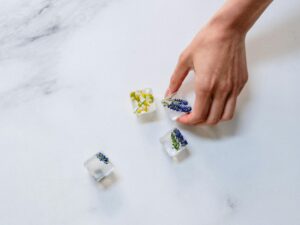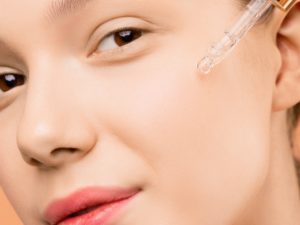How to Get Rid of Hyperpigmentation, Dark Spots, and Acne Marks Easily
Also called liver spots, aging spots, or dark spots, hyperpigmentation can be a hassle to deal with. While there are many topical treatments to get rid of hyperpigmentation, health starts from the inside out, including skin health.

Knowing the cause of dark spots will help you learn what to do to prevent them, plus find out the best remedies you might not have thought of. Certain foods or even lifestyle habits influence hyperpigmentation, so get all the information you need to help fix your skin concerns today. Keep reading to learn everything you need to know about hyperpigmentation today!
What is Hyperpigmentation and What Causes it
Hyperpigmentation is an area of the skin that has too much melanin, which is a pigment in the body responsible for the color of the skin and tanning the skin. Melanin protects the skin from the UV rays of the sun, so in essence, it works as an antioxidant. Melanin increases to counter damage and reduce free radicals in the skin. It is not a bad thing, but it causes dark spots.
These areas are darker than the surroundings, making skin tone uneven.
Excessive melanin may be due to high exposure to the sun. It is more common in older individuals, people with diabetes, and someone experiences hormone changes, like during pregnancy or birth control. Even a chemical change in the body like stress can make hyperpigmentation more likely.
Chemical Causes of Dark Spots
Having an excessive amount of certain chemicals lead to more hyperpigmentation as well. For example, when cortisol is high, it increases adrenocorticotropic hormone, which in turn raises melanin.
Another chemical is insulin. When insulin is high, melanocytes (the cells of the skin containing melanin) become overactive. This increases melanin activity and creates dark spots.
One study even found that estrogen, which is particularly high during pregnancy or while using birth control, directly increases the production of melanin.
Natural Remedies
Some ingredients can inhibit melanin. High amounts of pigmentation indicate low levels of vitamin C and antioxidants, which can mean you need to apply it topically (as with a vitamin C serum) or it may mean you need to consume antioxidant-rich nutrients.
Tyrosinase, an enzyme in the body, is responsible for making melanin. To inhibit this enzyme, you can use skincare that has ingredients like things like cinnamon, cocoa, green tea, aloe, and vitamin C. This builds up antioxidants in the skin.
Even melatonin can reduce tyrosinase. Melatonin, aka the sleep hormone, can be produced due to exposure to sunlight, specifically the infrared portion of rays.
Habits to Get Rid of Hyperpigmentation
While skincare is very important to reduce hyperpigmentation, we also want to internally increase antioxidants in the body. Here are lifestyle changes and eating habits that can help do this.
Eat Vegetables Raw
Raw vegetables are full of antioxidants. Eating big salads and vegetables that aren’t cooked ensures that the nutrients are whole and unchanged by heat. It gives you the most vitamins, minerals, and enzymes for health.
Eat kale, spinach, broccoli, garlic, peas, chard, or beets for healthy raw vegetables.
Up Your Zinc Intake
Zinc helps to increase the body’s network of antioxidants. Zinc, while only needed in small amounts by the body, plays a role in about 100 vital chemical reactions. Zinc helps to grow cells, heal damaged tissue, create DNA, and support a healthy immune system.
Zinc-rich foods include oysters, red meat, poultry, beans, nuts, whole grains, and dairy products.
Reduce Stress
Reducing stress reduces the stress hormone cortisol. This in turn reduces the activity of melanin in the skin.
Take up some activities that boost mental wellbeing like meditation, yoga, or even breathing exercises to help manage stress and reduce hyperpigmentation.
Protect Your Skin from the Sun
If you already have some dark spots, make sure to reduce your exposure to the sun using sunblock! While direct exposure to the sun can increase or worsen hyperpigmentation, there is a way to take in sunlight, increase melatonin, and still be protected from the harsher rays.
Since only the infrared portion of sunlight is needed, to safely take in sunlight while reducing damage, simply wear protective clothing and hats. Infrared rays go through clothing and will still activate melatonin production without the damage.
Exercise
Exercising helps to manage stress which can in turn reduce the overproduction of melanin. Daily exercise is good for mental health, reducing depression and anxiety, while improving overall wellness greatly.
Reduce Added Sugars
An excess amount of sugar may lead to higher than normal insulin levels, especially if you are snacking constantly throughout the day.
One study found that glucose may reduce melanocyte activity, though this was because the glucose used was converted into lactic acid, which does inhibit tyrosinase. To get this effect without the spikes in insulin, eat cultured yogurts low in added sugar, high in protein, and full of gut health benefits.
Fast
Fasting may be a way to reduce the harmful toxins in the body. Certain mechanisms the body performs during fats can also build up antioxidants. However, remember, there are ways to fast that are easier, such as intermittent fasting. You do not need to do longer fasts, as this may increase nutrient deficiencies.
The Takeaway
Hyperpigmentation, while annoying, is a mechanism the body uses to protect itself. Learn why it occurs and what you can do to prevent, reduce, and fix it today.
Some lifestyle changes like eating antioxidant-rich foods, increasing melatonin production, and reducing stress can also help reduce hyperpigmentation.
Remember that health starts from within. It is important to increase the body’s antioxidant amount to truly prevent and reduce hyperpigmentation. Eat a variety of nutrient-dense foods, hydrate properly, exercise, and take care of your mental health. Providing the body with the best building blocks will allow wellness to flourish.
Take care of gut health as well! Many skin issues may be due to an unbalanced gut which certain foods or a lack of variety in your diet can cause. With a balanced gut microbiome, you can improve strength, mental health, immune system response, digestion, metabolism, and much more. Learn everything you need to know about gut microbiota today for free here!





